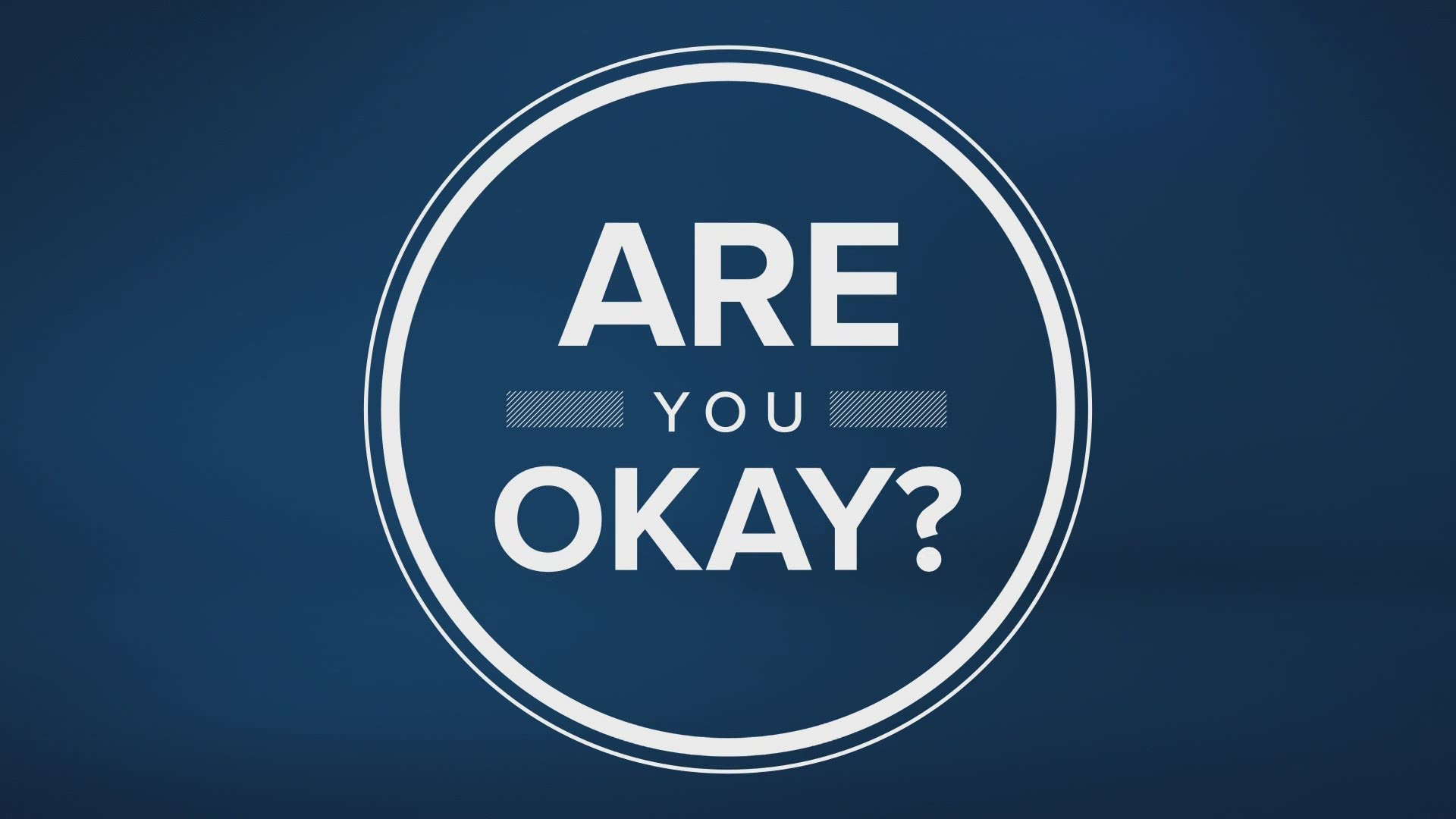SEATTLE — What happened to you? It’s a question mental health counselors ask to explore trauma-response and toxic stress levels that plague many of us. What Happened to You? is also the title of Oprah’s new book, co-written with Dr. Bruce Perry.
Exploring the root of our behaviors is a way to gain awareness and live healthier lives.
Haruko Watanabe is a mental health counselor who directs the infant and early childhood mental health program for Navos. She sees the effects of childhood trauma firsthand.
Childhood trauma informs behavior
Watanabe said human behavior is informed by instinct and experience. The human brain is constantly assessing situations and is instinctually programmed to assess whether a situation is safe.
Now, combine this instinct with your lived experiences. Lived experiences inform behavior and then, your brain adapts behavior.
We know first experiences can leave lasting impressions and repetition solidifies many behaviors. For instance, if a child sees a dog and runs toward it for the first time, the child will learn from the dog’s response. If the dog bites the child, the child will likely fear dogs the next time they encounter one, as a result of the bite or the 'Little t' trauma. If the dog cuddles the child, the child will want to pet the next dog they see, and if a parent is present to manage the experience with the dog, the child will feel safe.
Now, apply the dog example to everyday life.
Consider instances of 'Big T' trauma like violence or emotional abuse. Think about the responses Big T trauma creates for you or people you know. The problem is these behaviors, that once upon a time worked as a trauma coping mechanism, may not work well in many situations in your life today.
Address, adapt & learn to manage trauma
Traumatic experiences can influence your behavior and you might not be aware of it, said Watanabe. She said until we are able to address, adapt, and learn to manage, our traumatic responses show up.
Watanabe said this is especially relevant for marginalized populations, including communities of color. People in marginalized communities tend to experience what Watanabe calls 'TSD,' which is PTSD without the post. Real-time trauma and trauma reminders are everywhere – in stores, on the bus, from colleagues, and even friends who might not be aware of their behavior.
Watanabe offers these examples:
- As a member of the AAPI community, Watanabe said you are probably more alert about the violence against AAPI people. You might be afraid that you could be attacked.
- If you are Black, you might have a strong reaction to being pulled over. Or, if you are the victim of a crime, you might choose not to report it.
- If you’ve experienced homelessness, you might freeze when you’re asked to list an address on a job application.
Ask: What happened to you?
Despite our traumatic experiences, Watanabe said there is hope and lots of it.
She said she is encouraged to see so many people making the shift from asking: What’s wrong with you? To asking what happened to you?
Watanabe said if you have a really strong reaction to something, ask yourself if it might be because of what happened to you. And, if a friend or colleague has what seems like a disproportionate response to something, take them aside an ask: “What happened to you?”
And, when you do, Watanabe recommends:
- Be quiet and listen actively.
- Let them know they’re safe by acknowledging their pain and trauma.
- Connect them to mental health support if needed or desired.
Finally, Watanabe said it’s important to understand that we don’t always know, or get to know, what happened to someone that shaped the way they’re showing up. So, let us be kinder than necessary, because everyone is fighting some kind of battle.

